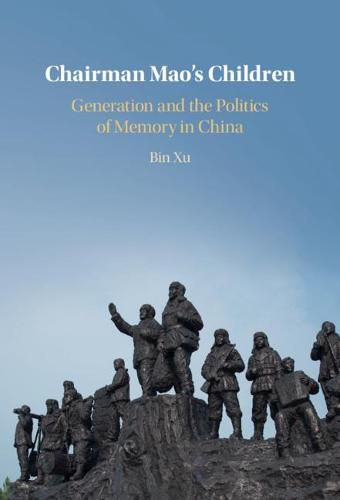Readings Newsletter
Become a Readings Member to make your shopping experience even easier.
Sign in or sign up for free!
You’re not far away from qualifying for FREE standard shipping within Australia
You’ve qualified for FREE standard shipping within Australia
The cart is loading…






In the 1960s and 1970s, around 17 million Chinese youths were mobilized or forced by the state to migrate to rural villages and China’s frontiers. Bin Xu tells the story of how this ‘sent-down’ generation have come to terms with their difficult past. Exploring representations of memory including personal life stories, literature, museum exhibits, and acts of commemoration, he argues that these representations are defined by a struggle to reconcile worthiness with the political upheavals of the Mao years. These memories, however, are used by the state to construct an official narrative that weaves this generation’s experiences into an upbeat story of the ‘China dream’. This marginalizes those still suffering and obscures voices of self-reflection on their moral-political responsibility for their actions. Xu provides careful analysis of this generation of ‘Chairman Mao’s children’, caught between the political and the personal, past and present, nostalgia and regret, and pride and trauma.
$9.00 standard shipping within Australia
FREE standard shipping within Australia for orders over $100.00
Express & International shipping calculated at checkout
In the 1960s and 1970s, around 17 million Chinese youths were mobilized or forced by the state to migrate to rural villages and China’s frontiers. Bin Xu tells the story of how this ‘sent-down’ generation have come to terms with their difficult past. Exploring representations of memory including personal life stories, literature, museum exhibits, and acts of commemoration, he argues that these representations are defined by a struggle to reconcile worthiness with the political upheavals of the Mao years. These memories, however, are used by the state to construct an official narrative that weaves this generation’s experiences into an upbeat story of the ‘China dream’. This marginalizes those still suffering and obscures voices of self-reflection on their moral-political responsibility for their actions. Xu provides careful analysis of this generation of ‘Chairman Mao’s children’, caught between the political and the personal, past and present, nostalgia and regret, and pride and trauma.